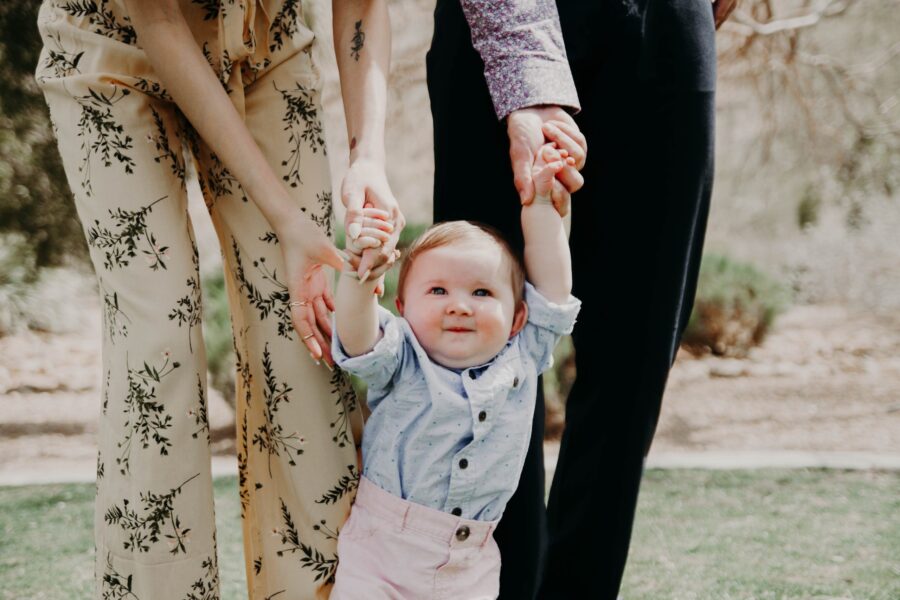
How Is Child Custody Decided in Virginia?
Virginia judges decide on child custody cases based on the child’s best interest. That involves multiple factors, including each parent’s relationship with their child, the child’s age, and whether a history of family abuse exists.
Here, we discuss the types of child custody, the factors used to determine who gets custody, and how to pursue your case.
Types of Child Custody in Virginia
The two main types of custody are legal and physical. Legal custody refers to a parent’s right to make decisions regarding their child’s religion, education, welfare, and medical treatment. Physical custody is about where the child lives.
When ordering legal or physical custody, the court will also decide whether the custody should be joint or sole. Joint legal custody allows parents to make important decisions about their child’s life regardless of where the child lives. They must consult each other on decisions. However, if they can’t agree, the court must decide.
Joint physical custody means each parent has the legal right to physical custody and care of the child. It doesn’t necessarily mean a 50/50 split. Typically, parents alternate weeks, with the child staying at each parent’s home in turn. Sometimes, the child lives with one parent during the school week and with the other on weekends.
Sole physical custody gives one parent responsibility over the child’s care and domicile. If that same parent has sole legal custody, they have the legal authority to make decisions about their child’s life, as well.
The courts don’t presume one type of custody is better than the other. Judges evaluate the circumstances and determine which is in the child’s best interests.
How Child Custody Is Determined
Virginia Code § 20-124.3 outlines the factors judges can consider in ordering child custody, such as:
- Each parent’s age and mental and physical condition
- Each parent’s demonstrated ability and willingness to maintain a close and continuing relationship with their child and their abilities in cooperating in and resolving disputes regarding issues that affect the child
- Each parent’s past and future role in the child’s upbringing
- The existing relationship between each parent and the child, considering the positive involvement in the child’s life and the ability to assess and meet the child’s physical, emotional, and intellectual needs
- The child’s physical and mental condition and age, with consideration for their changing developmental needs
- Each parent’s tendency to actively support their child’s relationship and contact with the other parent, including whether one has denied visitation or access without reason
- Any history of child abuse, sexual abuse, family abuse, or acts of threats, violence, or force occurring within ten years of filing a petition for child custody
- The child’s needs, considering other essential relationships, including extended family, siblings, and peers
- The child’s reasonable preference if the court deems them to be of reasonable experience, intelligence, age, or understanding to voice their preference
- Additional factors deemed necessary by the court to make a decision
Visitation for Non-Custodial Parents
The non-custodial parent is the parent who doesn’t have primary physical custody of the child. Virginia Code § 20-124.2 (B) requires the court to assure minor children have frequent and continuing contact with each parent when appropriate and encourage both parents to share child-rearing responsibilities.
Judges must prioritize the parent-child relationship when ordering visitation for non-custodial parents. They can award visitation if clear and convincing evidence shows it will be in the child’s best interest.
Protect Your Right to Have Custody of Your Child
Child custody is often a contentious issue in divorces. It can turn ugly and lead to a lengthy and costly courtroom battle. You should not pursue your case without legal representation.
At Hardt Law, P.L.L.C., we have extensive experience fighting for our clients’ interests. You can depend on our legal team to aggressively pursue a favorable outcome beneficial to your child’s well-being. Call us at (757) 962-5588 today for a free consultation with a Virginia Beach child custody attorney to learn more.



